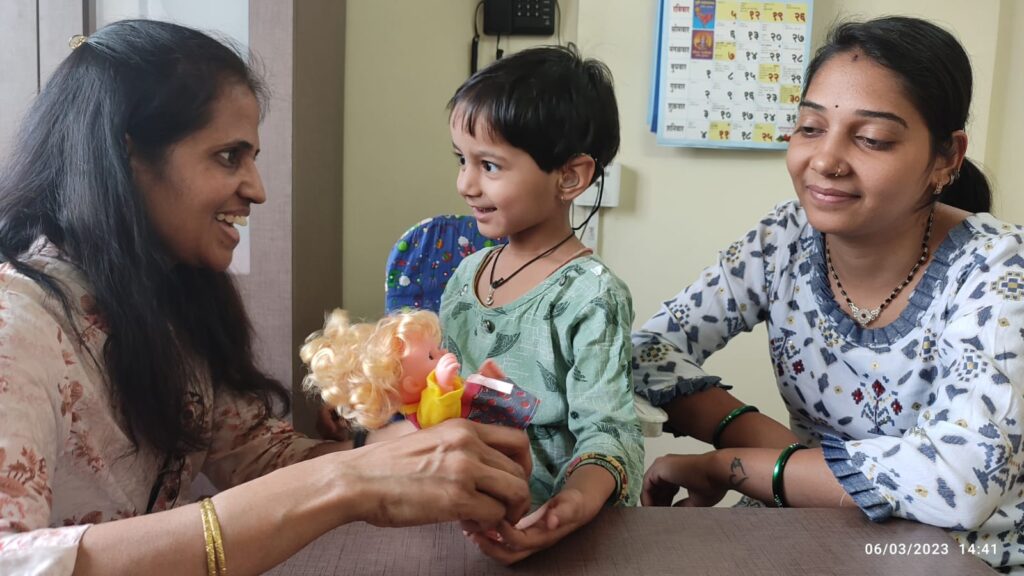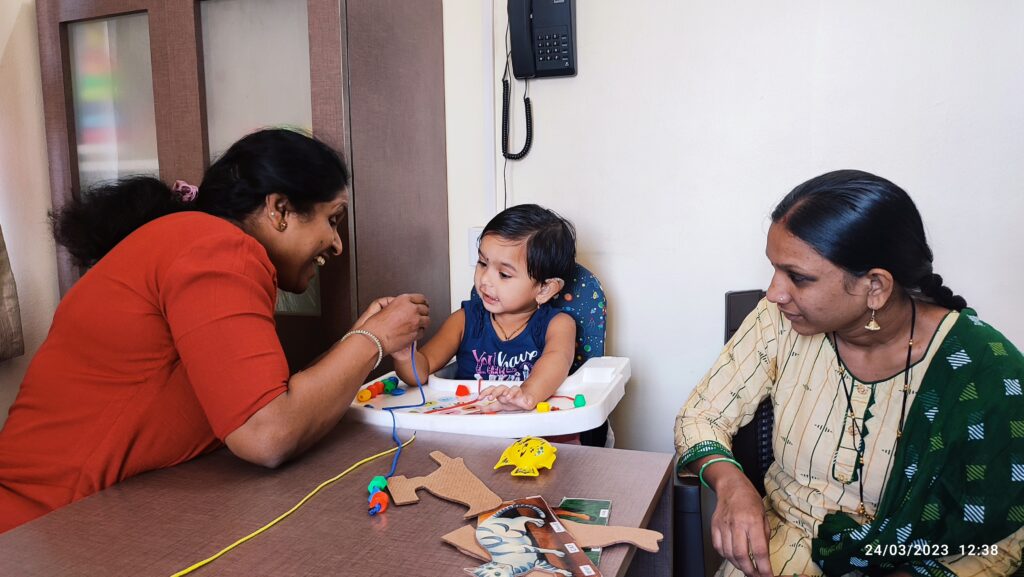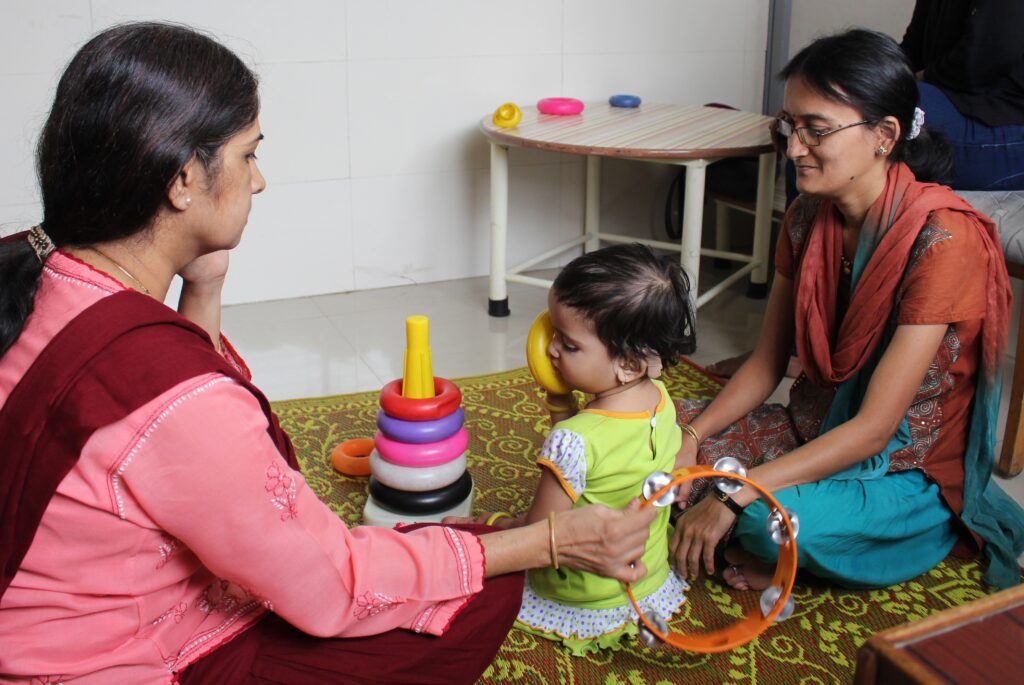Early Detection & Intervention

This is a very important issue regarding the low awareness and understanding of the significance of early detection, diagnosis, and intervention for hearing loss in children. Early identification of hearing loss is crucial because the first few years of a child’s life are a critical period for speech and language development.
During this period, children learn to recognize and interpret sounds, which forms the foundation for their language and communication skills. If hearing loss goes undetected and untreated, it can severely impact a child’s ability to hear and subsequently develop speech and language abilities. This delay in acquiring age-appropriate skills can hinder their cognitive, social, and academic development.


By implementing proper hearing screening programs and diagnosing hearing loss at an early stage, we can provide timely intervention, such as fitting the child with appropriate hearing aids.
This allows the child to access sounds and participate actively in their environment. With the aid of hearing devices, children can develop their language skills and reach their developmental milestones at par with their peers.
Early detection and intervention not only benefit the individual child but also enable their integration into mainstream society and regular schools. By addressing hearing loss early, we can minimize the impact on a child’s overall development and increase their chances of leading a fulfilling life.
It is important to raise awareness about the significance of early detection and intervention for hearing loss in children. Education and outreach programs can help inform parents, caregivers, and healthcare professionals about the importance of regular hearing screenings and the potential benefits of early intervention. By working together, we can ensure that children with hearing loss receive the support they need to thrive and succeed.

Parent Infant Program
Program for babies from 1 to 3 years Introduction to Sound & Speech- training is imparted to the baby in presence of the mother so that she can develop speaking capacity in the baby through the rest of the day. Most babies are in the company of the mother or grandmother or both parents – at home as well as when outside. If they teach the baby as early as possible, he/she will continue making sounds. The program also educates the parents about the methods of teaching and the dos and don’ts of the process.
The speech and language training provided to hearing-impaired babies is a comprehensive
process that typically spans a period of 3-4 years.

